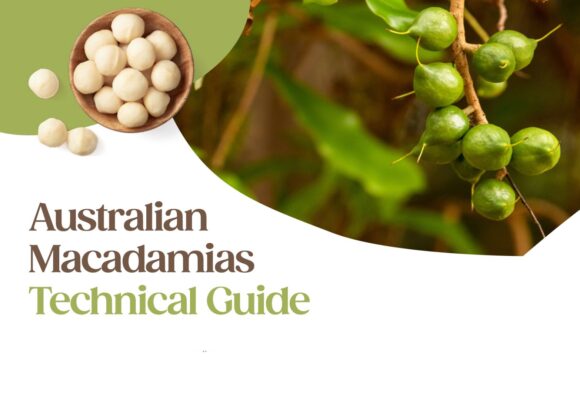Tree nut consumption: lower body weight and lower risk of metabolic syndrome and cardiovascular disease.

In a recent study published in Nutrition Journali in June 2015, researchers compared risk factors for heart disease and metabolic syndrome of tree nut consumers versus those who did not consume tree nuts. Consumption of tree nuts (macadamias, almonds, Brazil nuts, cashews, hazelnuts, pecans, pine nuts, pistachios and walnuts) was associated with lower body mass index, systolic blood pressure and insulin resistance as well as higher levels of high-density lipoprotein-cholesterol (that’s the good cholesterol!). In addition, tree nut consumers were 25% less likely to be obese and 21% less likely to have an elevated waist circumference than those who did not consume tree nuts.
The study looked at 14,386 men and women (19+ years) participating in the 2005-2010 National Health and Nutrition Examination Surveys (NHANES). Intake was from 24-hour recall data and tree nut consumers were defined as those who consumed ¼ ounce or more per day. “Approximately 6.8% of the study population consumed tree nuts,” stated Carol O’Neil, PhD, MPH, RD, lead author on the paper and Professor at Louisiana State University Agricultural Center. “While that may sound small, it actually represents over 12 million individuals-a significant number.” She added, “Those who consumed nuts ate about 1.5 ounces (44.3 grams) of tree nuts per day-similar to the amount recommended in the FDA qualified health claim for nuts and heart disease.”
Research has shown that nuts can help reduce the risk of cardiovascular disease and metabolic syndrome (MetS). The latter is a cluster of risk factors for cardiovascular disease and type 2 diabetes and includes elevated blood lipids, blood pressure, blood sugar, insulin resistance and abdominal obesity. Obesity is also a risk factor for these two diseases and although tree nuts contain fat and calories, numerous studies have shown that diets “enriched with nuts” do not increase weight. Filled with plant protein, dietary fibre and healthy mono- and polyunsaturated fatty acids, tree nuts are a satiating food that may actually help suppress appetite. Moreover, previous research by the same authorsii , showed that tree nut consumption was associated with better nutrient adequacy for most nutrients that are lacking in the diets of many Americans, and with an overall better diet quality.
The study was funded by The International Tree Nut Council Nutrition Research & Education Foundation (INC NREF) and joins the growing body of evidence linking nut consumption with a range of favourable health outcomes. Earlier this year the findings of the Australian heart health study were released and distinguished international nutrition expert Professor Richard Mattes presented evidence at the Dietitians Association of Australia national conference challenging common misconceptions about nut consumption and weight gain.
The International Tree Nut Council Nutrition Research & Education Foundation (INC NREF) represents the research and education arm of the International Tree Nut Council (INC). INC is an international, non-profit, non-governmental organization dedicated to supporting nutrition research and education for consumers and health professionals throughout the world and promoting new product development for tree nut products. Members include those associations and organizations that represent the nine tree nuts (almonds, Brazils, cashews, hazelnuts, macadamias, pecans, pine nuts, pistachios and walnuts) in more than 40 producing countries. For more information, please visit www.nuthealth.org.
i O’Neil, C.E., V.L. Fulgoni, T.A. Nicklas, 2015. Tree Nut consumption is associated with better adiposity measures and cardiovascular and metabolic syndrome health risk factors in U.S. Adults: NHANES 2005-2010. Nutrition Journal. 14:64 doi:10.1186/s12937-015-0052-x. https://www.nutritionj.com/content/14/1/64
ii O’Neil, C.E., T.A. Nicklas, V.L. Fulgoni III, 2015. Tree nut consumption is associated with better nutrient adequacy and diet quality in adults: National Health and Nutrition Examination Survey 2005-2010. Nutrients. 7:595-607. doi:10.3390/nu7010595. https://www.mdpi.com/2072-6643/7/1/595/pdf.


